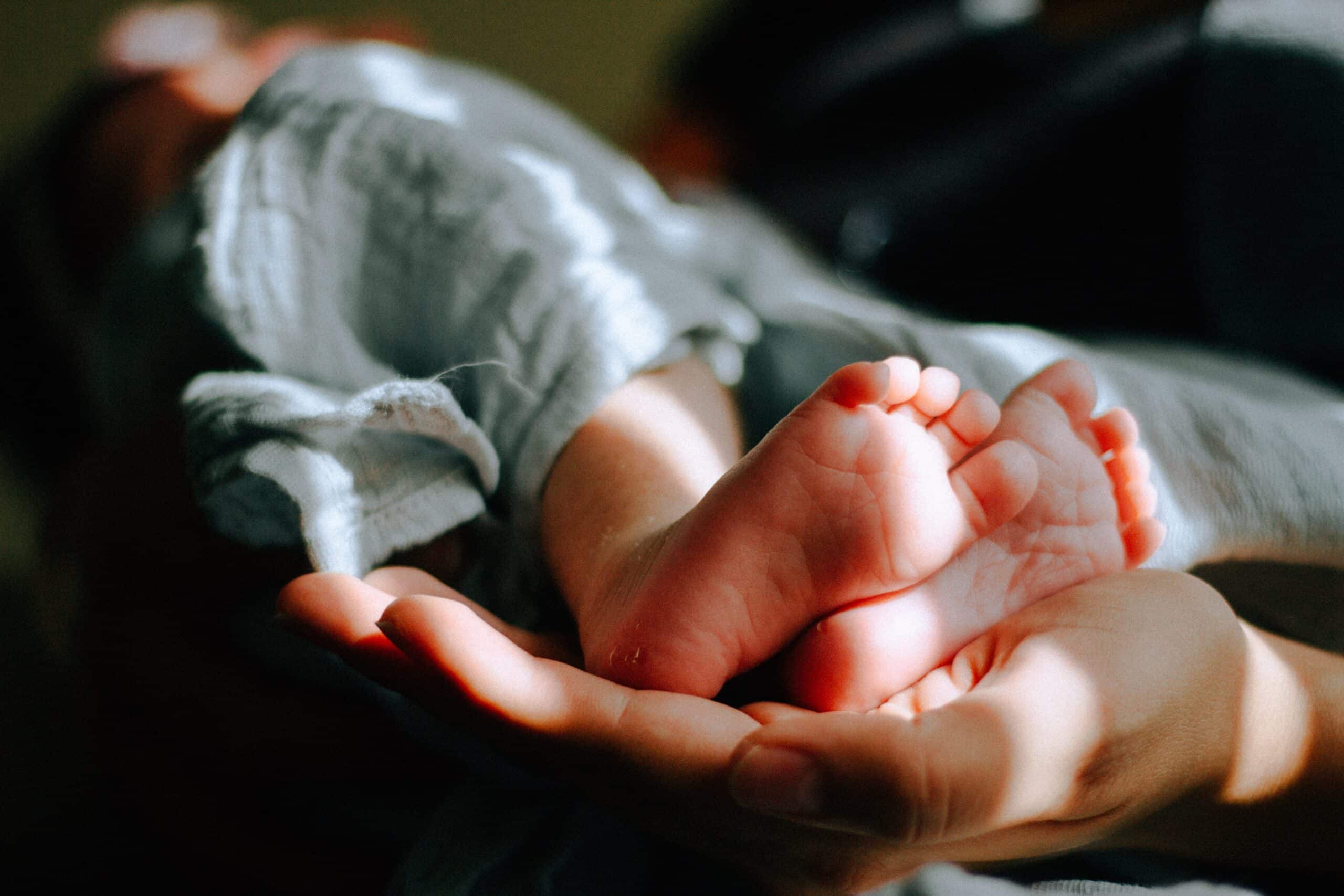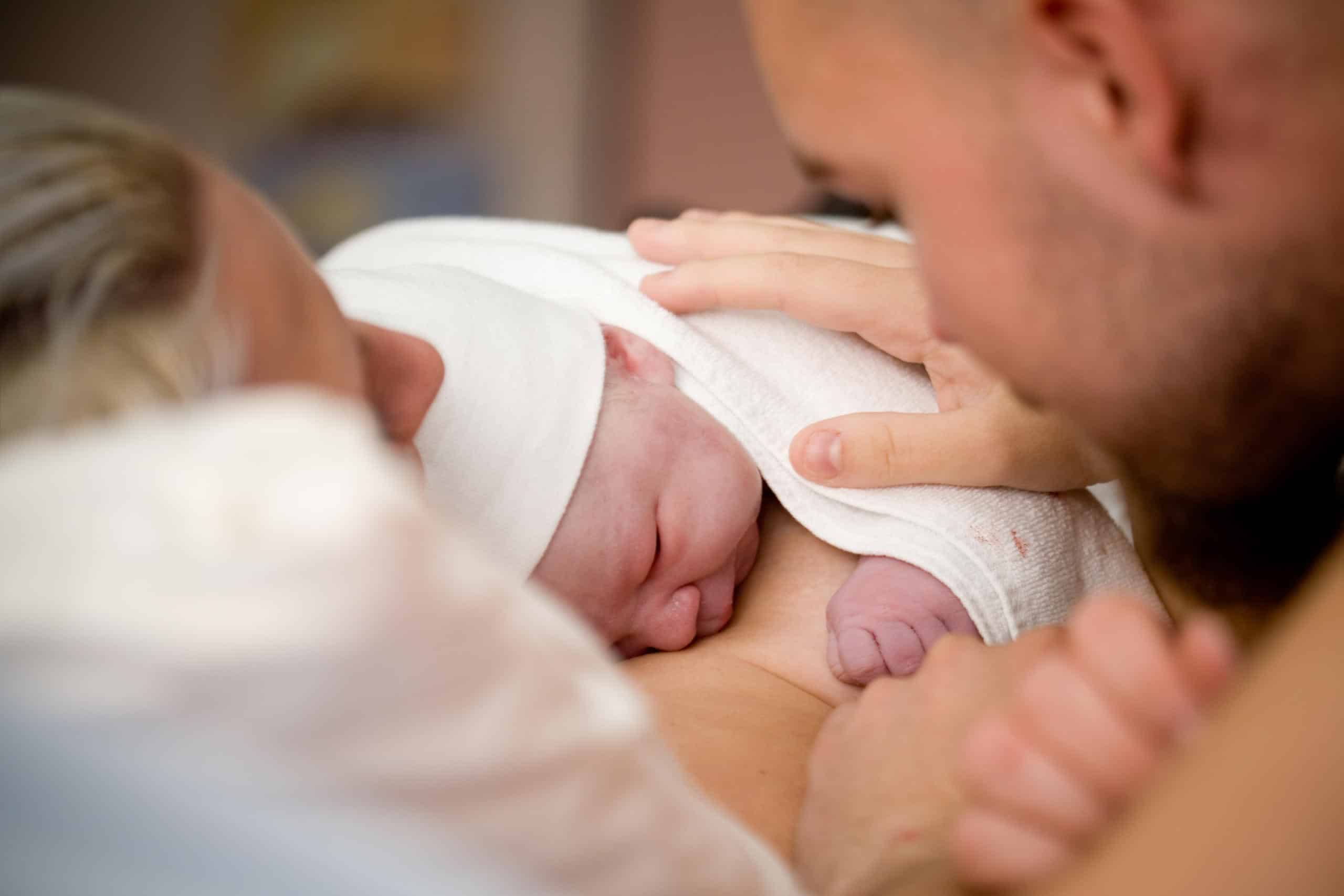
 " alt="">
" alt="">
Perineal Tear Negligence Claims

Reviewed by
Peter Rigby - Managing Director of Medical Negligence | Last updated on: 7th March, 2025
We've got your perineal tear negligence claim covered
- No win No fee
- Not just lawyers - real specialists
- No obligation
- UK's highest-rated medical negligence solicitors
While minor perineal tears are common during childbirth and heal without complications, severe cases can result in long-term health issues if mishandled. If you have experienced pain, discomfort or ongoing health issues from a perineal tear due to medical negligence, you may be entitled to compensation. At Patient Claim Line, our team of medical negligence solicitors is ready to assist you in pursuing legal action.
What is a perineal tear?
A perineal tear is an injury to the perineum, the area between the vagina and anus, that can occur during childbirth. While minor tears are quite common, more severe tears can have lasting impacts on a woman’s health and quality of life.
In some cases, these tears are preventable or mismanaged, leading to further complications. If your tear was caused by medical negligence, you may be entitled to claim compensation for your injuries. (RCOG)
Find out if you
have a claim
Take the 10-second claim test
Free Advice
03300 080 352
claim form
We're the highest-rated No Win No Fee medical negligence solicitors on Trustpilot
What causes vaginal tearing during childbirth?
There are a few things that can happen during childbirth which result in vaginal tearing, including:
- Large baby size.
- Use of forceps or vacuum extraction during delivery.
- Prolonged or very quick labour.
- The baby’s position during birth.
- First-time vaginal birth.
- An episiotomy (a surgical cut made to avoid tearing) that extends beyond the intended incision.
While not all tears can be avoided, negligent practices during delivery can result in injury that could have been prevented. (NHS)
How common are tears during childbirth?
Vaginal tears are a frequent occurrence during childbirth with around 90% of women experiencing some form of tear. Minor perineal tears typically heal without significant complications, but more severe injuries may require medical treatment and can lead to ongoing health concerns.
Types of vaginal tearing:
Perineal tears are classified into degrees based on their severity. While some heal naturally, others require serious medical attention and surgical intervention.
- 1st-degree perineal tears: involve the skin and sometimes the tissue around the vagina, causing minimal discomfort and often healing on their own without medical intervention.
- 2nd-degree perineal tears: affect the skin and muscles of the perineum. Stitches are often required for healing, which may take a few weeks.
- 3rd-degree perineal tears: extend into the muscle around the anus and may require surgery to repair. These tears can lead to long-term complications like incontinence.
- 4th-degree perineal tears: the most severe, involving deeper muscle layers and sometimes affecting the anal sphincter. These typically require surgical repair and can have lasting effects on bowel control. (RCOG)
How are perineal tears treated?
Treatment for perineal tears varies based on the severity of the injury. Some less serious cases require minimal care or stitches which will take a few weeks to heal. More serious cases, such as 3rd and 4th degree tears, typically require surgical repair and a longer recovery period with potential long-term issues, such as bowel or bladder problems, if not properly addressed.
Prompt and correct treatment is essential to prevent complications. (NHS)
How often is stitching needed?
Stitching is required for most 2nd-degree tears and more severe injuries (3rd and 4th-degree). For minor 1st-degree tears, stitches may not be necessary, but some women may still require them depending on the extent of the injury. (RCOG)
What complications could occur after a perineal tear?
Improper treatment of a perineal tear can result in several complications, including:
- Chronic pain in the perineum or genital area.
- Urinary or fecal incontinence.
- Pain during intercourse.
- Pelvic organ prolapse.
- Infection.
- Psychological trauma, including anxiety, depression and post-traumatic stress disorder (PTSD).
Long-term complications can significantly affect a woman’s quality of life and may require ongoing treatment and support. (NHS)
What reasons are there for making a perineal tear claim?
You may be eligible to claim compensation if your perineal tear was caused by negligent treatment during childbirth, such as:
- You were not properly informed about the risks of perineal tearing.
- The tear was caused by negligence during delivery.
- The tear was not treated promptly or correctly.
- Post-birth complications were missed or mismanaged.
- Medical staff failed to adequately monitor you during or after delivery.
To determine if you have a case, it’s important to speak with an expert solicitor who can assess the circumstances of your delivery.
Why Choose Patient Claim Line for your perineal tear negligence claim?
Not just lawyers — medical negligence experts
At Patient Claim Line we have more than 100 solicitors with a combined experience of over 400 years. We specialise in perineal tear compensation claims, ensuring our clients receive the justice and financial support they deserve. Our expert team will work tirelessly on your behalf to secure the best possible settlement for your case.
It’s not enough to use a solicitor who sometimes covers medical negligence. You need solicitors who know medical negligence through and through. We deal exclusively in medical negligence cases and are experts in the field.
We believe that anyone who has suffered from medical negligence deserves justice. That’s why we operate on a ‘NO WIN NO FEE’ basis to prevent any financial burdens on those who have suffered so that you can focus on recovery.
CONTACT US TODAY TO FIND OUT HOW WE CAN GUIDE YOU THROUGH THE LEGAL PROCESS.
Frequently asked questions about perineal tear negligence claims
Our Expert Legal Team Answers Your Questions About Making A Perineal Tear Negligence Claim
Yes, if your episiotomy led to complications due to improper treatment, you may have a compensation case.
If your perineal tear has reopened, it’s essential to seek immediate medical attention. A reopened tear means there is a higher risk of infection. To address the situation, your doctor or midwife will assess the tear’s severity and determine the best course of action. Often, the tear may require stitches again and in some cases further surgical intervention.
If your perineal tear reopened due to medical negligence, you may want to speak with a legal expert to explore your options for compensation.
The amount of compensation you could receive depends on the severity of your injury, any long-term physical or psychological effects and financial losses. Each case is unique and compensation is calculated based on the individual circumstances of your injury.
While not all perineal tears can be avoided, there are steps you can take to reduce the risk:
- Prepare the perineum: massaging the perineum during the weeks leading up to labour can help increase its flexibility and reduce the chance of tearing.
- Controlled delivery: your healthcare provider may recommend slow, controlled delivery, particularly if the baby is large.
- Episiotomy: in some cases, a doctor may recommend an episiotomy (a small surgical cut) to avoid a more severe tear, though this is only done if necessary.
- Birthing positions: certain birthing positions may help reduce pressure on the perineum during delivery.
Meet our Perineal Tear Negligence team
Case Study
Vincent's Story
"He's always there for us"
At the age of 2 we noticed our son Vincent had trouble with his hearing. We had this testing over a number of years and were repeatedly told there was nothing wrong.
Initially we thought this was a speech and language problem, this wasn't the case. It took 4 to 5 years of assessments, with the constant response that there was nothing wrong with his hearing. A different test was them carried on Vincent overnight where it was found he was profoundly deaf.


After years of frustration we were finally able to provide Vincent with the support he required and received an implant. This has enable Vincent to be able to hear. The support from our solicitors has enabled to to gain access to specialist which have supported Vincent in closing the gap in his speech he lost out on to his peers.





